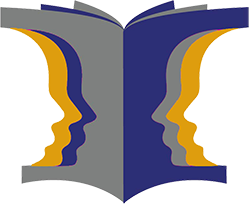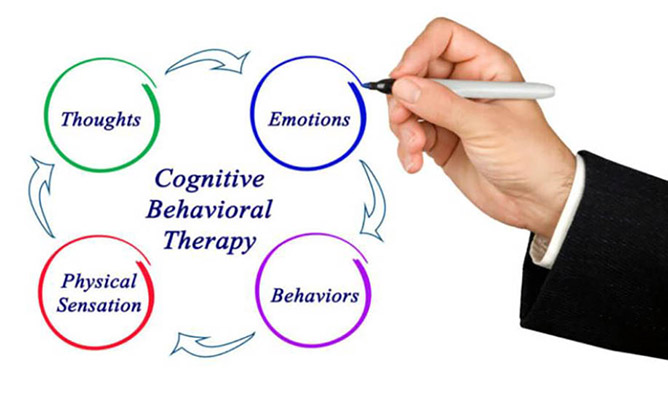The Importance of Addressing Systemic Bias: Why Everyone Needs This Course

In today’s world, where the call for equality and inclusion is stronger than ever, it is essential to understand the complexities of systemic bias.
The Systemic Bias and How to Address It course has been designed with this very purpose in mind. Whether you are an employer, an employee, or someone looking to enter the workforce, the need to understand and address systemic bias is not just important—it is crucial for fostering an inclusive and equitable workplace and society.
This course tackles a topic that many find difficult to fully grasp: bias that exists within the very structures of our institutions and organisations. Unlike individual prejudice, systemic bias is more insidious, as it is often ingrained in policies, practices, and cultural norms that we take for granted.
It affects people based on their race, gender, disability, sexual orientation, and other characteristics, creating barriers that can limit opportunities and undermine equality. The Systemic Bias and How to Address It course is an essential step in recognising these barriers, understanding how they operate, and learning how to dismantle them.
One of the primary reasons this course is so important is that it equips learners with the tools to identify and address bias at its root. Many people are unaware of how systemic bias works, or they may believe that as long as they aren’t engaging in overt discrimination, they are not part of the problem.
However, bias is often subtle and deeply embedded in the way organisations function. By taking this course, individuals will gain a deeper understanding of these issues, and, more importantly, they will learn how to actively contribute to creating a fairer, more inclusive environment.
The course covers a range of important topics, from understanding different forms of discrimination to exploring the legal frameworks that protect individuals from bias, such as the Equality Act 2010. It provides insights into diversity and inclusion policies, offering practical examples of how these policies can be implemented to make a real difference. The course also delves into the impact of unconscious bias, helping learners recognise how even well-meaning individuals can contribute to inequality through unexamined assumptions and behaviours.
For companies, this course offers a significant advantage. Organisations that fail to address systemic bias risk not only legal consequences but also harm to their reputation and workplace morale. Companies that prioritise diversity and inclusion are more likely to attract and retain top talent, benefit from diverse perspectives, and enhance their decision-making processes.
Addressing systemic bias also ensures compliance with key regulations, such as the Equality Act and data protection laws, both of which are essential for creating a legally sound and ethical workplace. Furthermore, in a world that increasingly values transparency and social responsibility, businesses that demonstrate a commitment to inclusion are more likely to thrive.
For the individual learner, the benefits of this course extend beyond understanding bias. By gaining knowledge about systemic bias and how to address it, participants enhance their employability in today’s competitive job market. Many employers are actively seeking candidates who not only understand diversity and inclusion but can also apply this knowledge in practical ways.
Whether you’re aspiring to a role in human resources, management, or community leadership, this course provides the foundation needed to navigate complex issues of bias and equity. It opens doors to career opportunities in areas such as diversity consultancy, policy development, and inclusive leadership—fields that are growing rapidly as organisations increasingly recognise the value of inclusive practices.
In addition to providing critical knowledge, the Systemic Bias and How to Address It course also contributes to better long-term prospects for those who complete it. By mastering the skills taught in this course, learners position themselves as advocates for change—people who can help drive forward inclusive policies and practices in any organisation. This not only makes learners more valuable employees but also empowers them to make meaningful contributions to their communities, helping to shape a society that values fairness and equal opportunity for all.
Moreover, compliance with data protection and privacy regulations is another important aspect of this course. Companies that address systemic bias and comply with regulations not only create a more inclusive environment but also protect the sensitive data of their employees and clients.
The intersection of diversity, inclusion, and data protection is vital in modern workplaces, where transparency and accountability are paramount. Organisations that fail to comply with these regulations face financial penalties and a loss of trust. The course ensures that learners understand how these regulations interact and why they are so crucial to upholding ethical business practices.
At the same time, Safetyman Academy is committed to sustainability and reducing the carbon footprint of companies and individuals alike. By moving away from traditional classroom-based training, which often involves significant travel and accommodation costs, this online course helps reduce the environmental impact associated with in-person learning.
Each time a learner attends the course from the comfort of their home or office, they eliminate the need for transportation and all the emissions that come with it. This not only aligns with global efforts to reduce carbon emissions but also helps companies meet their own sustainability goals, demonstrating their commitment to both social and environmental responsibility.
In summary, the Systemic Bias and How to Address It course is more than just training—it is a vital tool for understanding and addressing one of the most pressing issues of our time. It provides learners with the knowledge and skills to recognise and combat bias, ensuring compliance with regulations and fostering more inclusive workplaces.
For companies, it offers the chance to build a more diverse, innovative, and legally compliant workforce. For individuals, it enhances career prospects and empowers them to be agents of change. By enrolling in this course, learners not only benefit themselves but contribute to a broader movement towards equality, fairness, and sustainability.






Responses